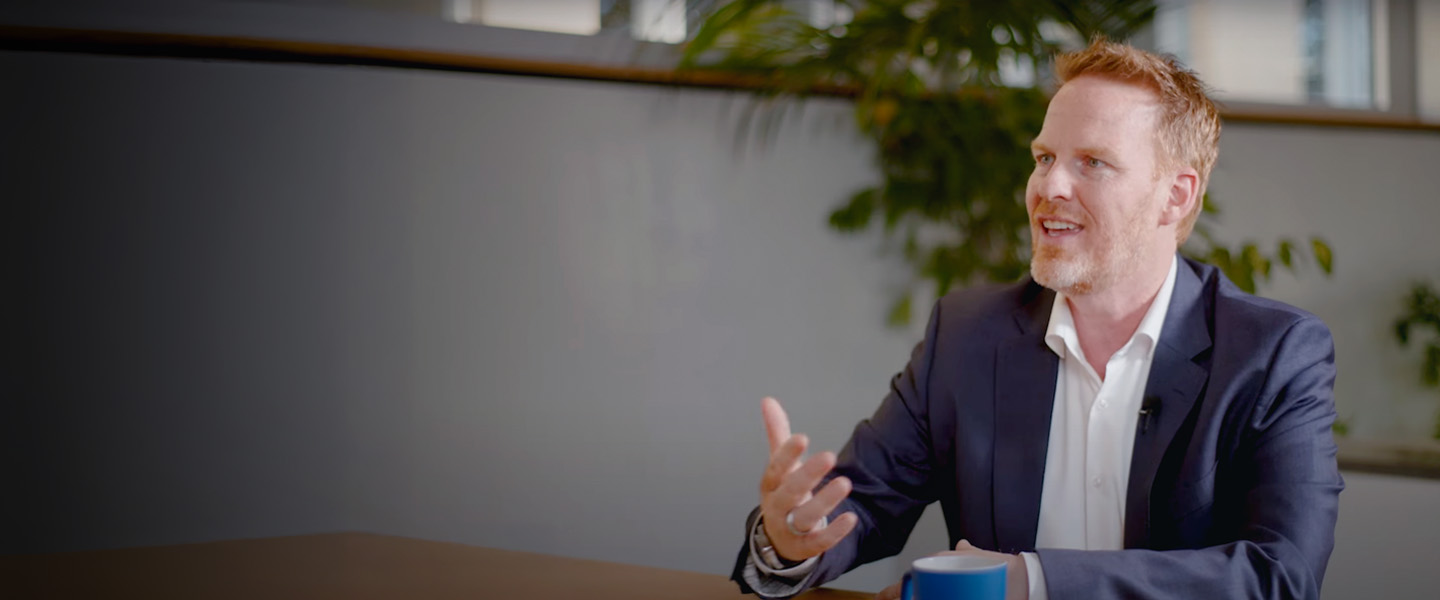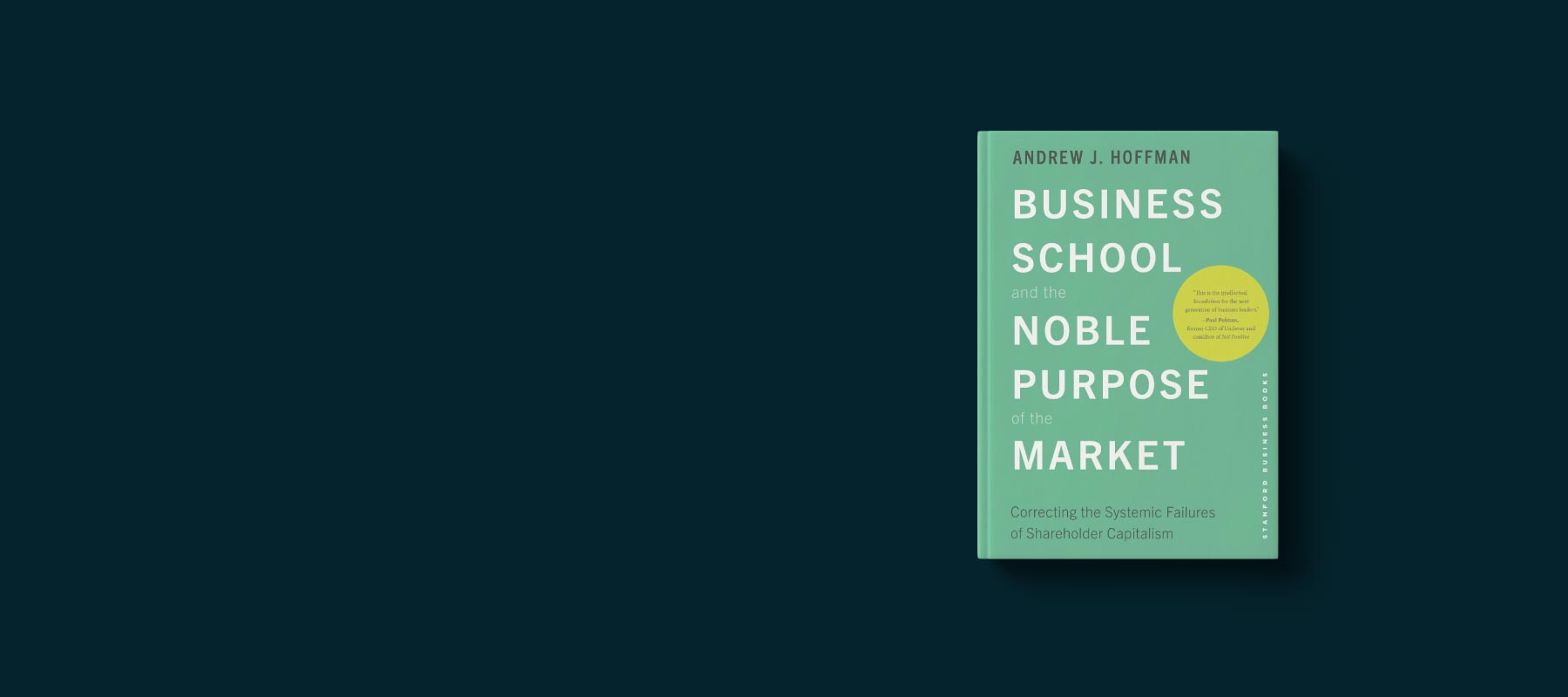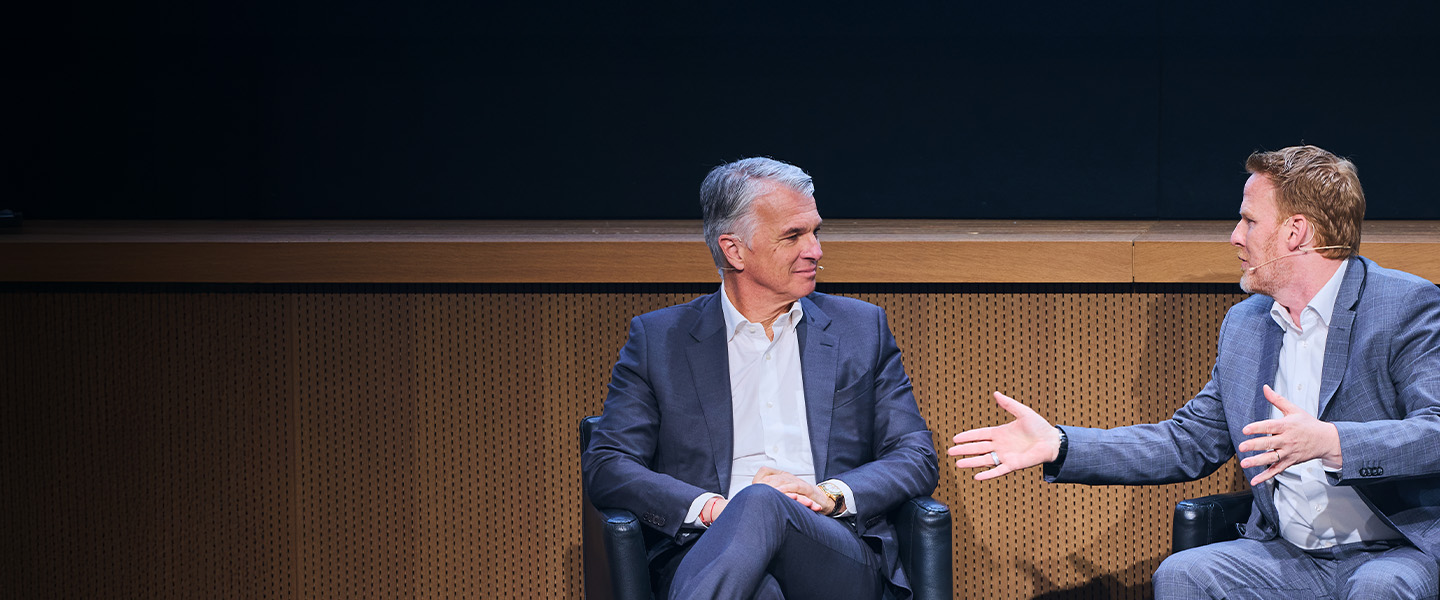
Escape the shackles of a fixed mindset to unleash growth
“I can’t make this any better. This is too hard. I can’t afford to make any mistakes.”
Sound familiar? These are the thoughts of a leader with a fixed mindset, trapped by the fear of humiliation, uncertainty, rejection or other threats.
“I can improve. This may just take some time. Mistakes are part of learning.”
This is the voice of the growth mindset, empowered by the willingness to say yes and ask for what they need to thrive, to make a genuine effort and to keep going when things get tough.
It’s no secret which mindset is best suited to the complex challenges of leading teams and companies, even more so against the backdrop of COVID-19 and digital disruption.
So, why do so many executives struggle to break out of their fixed ways of thinking? And, how can leaders and teams become more growth-oriented?
“People who have more of a growth mindset, as they approach challenges in life, tend to be more successful,” said Professor of Leadership and Organizational Behavior Jennifer Jordan, during a joint OWP liVe session with Adjunct Professor of Leadership Heather Cairns-Lee.
“That’s really a marker for success in a world that is a VUCA world,” Jordan added, referring to volatility, uncertainty, complexity and ambiguity. “It’s a lot about leaders learning, unlearning and relearning, and you can’t do that at the same level unless you have a growth mindset to guide you.”
In their session, titled “How to encourage a growth mindset in yourself and those you lead”, the professors drew on research by American psychologist Carol Dweck to explain and explore how different beliefs affect corporate behavior and how to recognize and overcome these challenges.
Why does the right mindset matter?
Cairns-Lee explained that the way leaders frame their challenges influences the way they think, feel, take action and interact with others.
Those with fixed mindsets tend to believe that intelligence and ability are fixed and determine outcomes. They think that effort signals a lack of talent. Leaders adopt these beliefs because they want to look smart and avoid failure.
“Our aim is to look intelligent as we don’t want to expose ourselves to threats that may make us look less intelligent,” she said.
People with growth-oriented mindsets, on the flipside, want to learn and grow. They think that intelligence and ability can be developed and that effort is a sign of dedication.
Are you more fixed or growth oriented?
The overall kind of mindset you have impacts the way you respond to challenges, obstacles, effort, feedback and the success of others.
For example, those with a growth mindset embrace challenges with a positive attitude, try to ways to overcome obstacles, don’t mind making an effort, are open to and learn from feedback, and support the success of friends and colleagues.
Fixed mindsets encourage us to step back from challenges and avoid or ignore obstacles, it influences us to see effort as humiliation or as a sign of inadequacy, to reject feedback, and to feel jealous of others’ success.
“The fixed mindset occurs when people are moving away from HURT,” Cairns-Lee said, using the acronym to list the scenarios that those individuals fear the most – humiliation, uncertainty, rejection and threat.
She illustrated the concept of the growth mindset with the mnemonic YET – standing for yes (being able to say yes while also asking for what you need to thrive), effort, and tenacity. Embracing this YET philosophy, she said, would help leaders become more growth-oriented.
For most executives, this involves acknowledging and managing a trade-off between not wanting to lose and playing to win. That means managing tensions such as fighting the urge to maintain the status quo and wanting to reach your potential, or not looking incompetent and seeking improvement.
“It is a continuum between the two,” Jordan added. “None of us are completely fixed and none of us are completely growth, we are somewhere in between.”
How to cultivate a growth mindset
Many of the traits of a fixed mindset are developed at an early age, Jordan and Cairns-Lee argued, for example, when influential people in our lives tell us we are good or bad at certain tasks or school subjects, such as art, music or math. The same cycle tends to happen at work.
“What makes you more fixed or growth is the environment you are in and the environment you were raised in,” Jordan said. “Empowering environments encourage to learn and take on new challenges move people to a more growth mindset.”
To support executives as they seek to adopt the YET pathway to a growth mindset, they offered three steps to minimize the influence of the fixed mindset on a personal level.
- Commit to deliberate practice
- Deal with the demons of defensiveness and defeat
- Listen to your fixed mindset and talk back
In addition, teams could be encouraged to embrace a growth mindset by leaders:
- Asking what the triggers are that would help them get into a growth mindset and what triggers push them into a fixed mindset
- Ending meetings with the question: Was that a growth or a fixed mindset meeting?
- Being aware of, and trying to mitigate, the “set-up to fail” syndrome
Research Information & Knowledge Hub for additional information on IMD publications

Geopolitical turmoil and its workforce impact demand a systems thinking approach from CHROs, argue IMD’s Katharina Lange and Simon Evenett.

This episode takes you behind the scenes of a recent gathering led by the World Business Council for Sustainable Development together with IMD, where David Bach sat down with two sustainability leaders.

All organizations should have a plan to secure trust during, after (and even before) a crisis hits. Here are a host of examples, good and bad, to learn from.

Tired teams, wasted weekends, and unread reports—here are 7 ways to restore morale and reignite performance. Avoid unnecessary reporting and non-essential tasks.
The Handtmann case examines the co-CEO leadership model in the context of family business. Based on interviews with three key executives – the co-CEOs and the President of the Advisory Board – the case focuses on how Handtmann handled the leadersh...

The 7 shifts you need to make to lead in a turbulent world for acuity and inner rootedness. Grounded Edge Leadership.

Anxiety can sharpen focus, but if it impacts your well-being or leadership, it’s worth a check-in. These helpful questions may help you reflect.

As corporate America adjusts to a shifting political environment under President Donald Trump, companies must rethink their approach to DEI.

Andrew J Hoffman's book explains how Business schools must cultivate leaders who see beyond profits and embrace business as a powerful force for societal good.

IMD President David Bach goes from the global to the personal with one of the world’s most prominent bankers.
Research Information & Knowledge Hub for additional information on IMD publications
Research Information & Knowledge Hub for additional information on IMD publications
in I by IMD
Research Information & Knowledge Hub for additional information on IMD publications
in I by IMD
Research Information & Knowledge Hub for additional information on IMD publications
Research Information & Knowledge Hub for additional information on IMD publications
The Handtmann case examines the co-CEO leadership model in the context of family business. Based on interviews with three key executives – the co-CEOs and the president of the advisory board – the case focuses on how Handtmann handled the leadersh...
Research Information & Knowledge Hub for additional information on IMD publications
Research Information & Knowledge Hub for additional information on IMD publications
in I by IMD
Research Information & Knowledge Hub for additional information on IMD publications
in I by IMD
Research Information & Knowledge Hub for additional information on IMD publications
Research Information & Knowledge Hub for additional information on IMD publications

